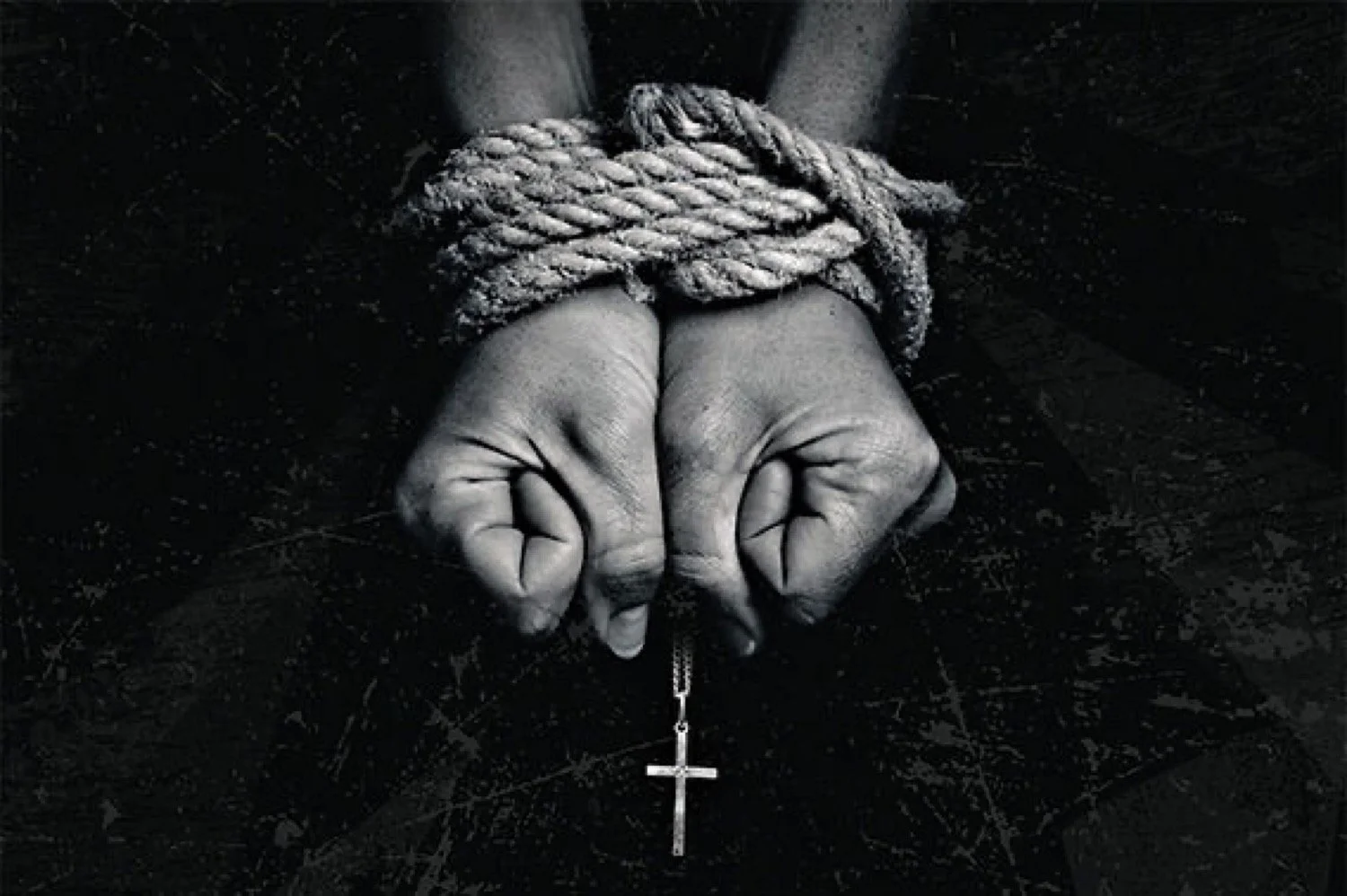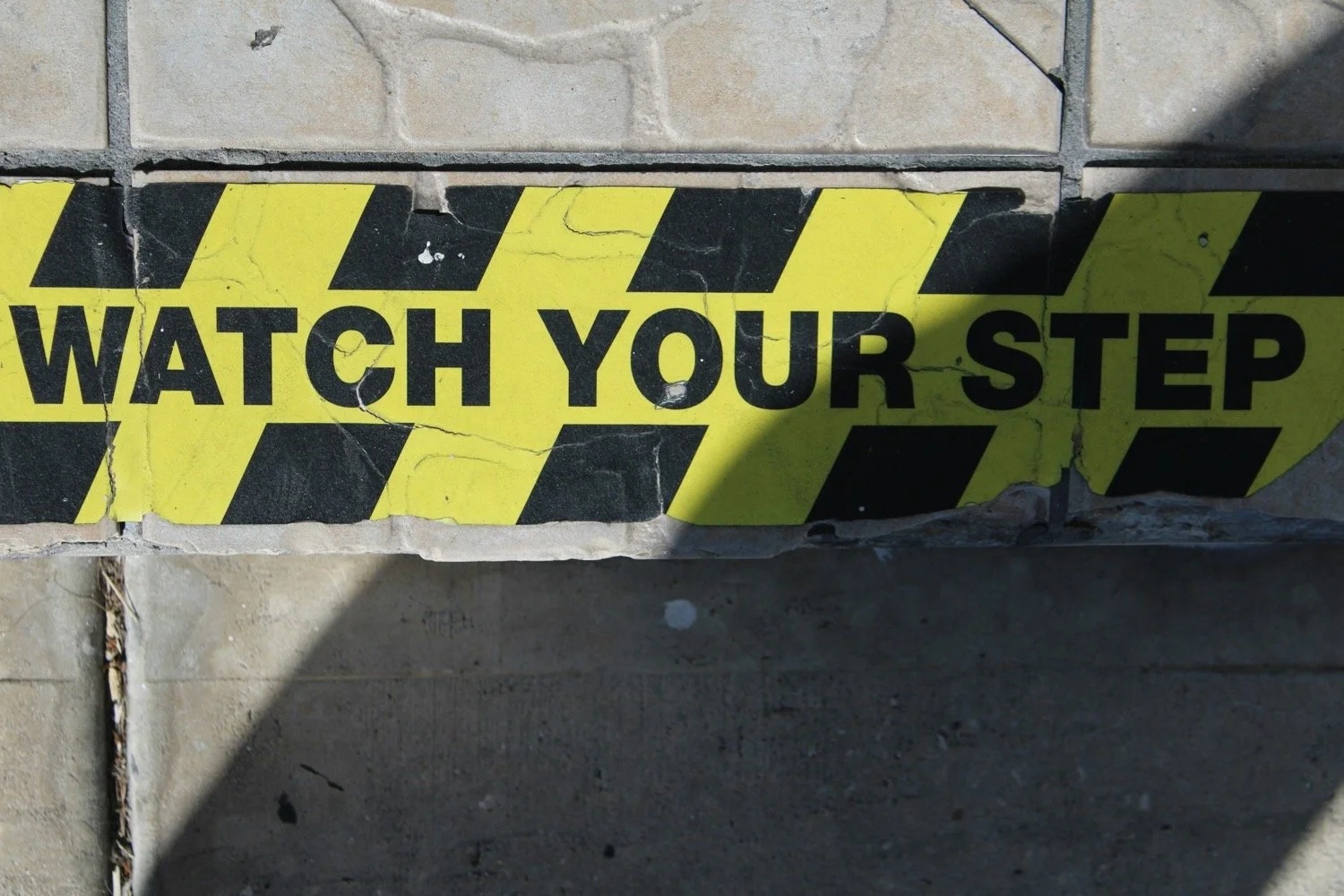Readings for today: Job 40-42, Psalms 146
Worship is intimately tied to humility. In fact, I would argue it is essential. It’s why we struggle to worship. It’s why we struggle to develop a passion for worship. We have little to no understanding of the vastness and splendor and overwhelming majesty of God. We also have little to no understanding of the depths of our sin and brokenness and weakness and insignificance in this universe. We think too highly of ourselves and too little of God. This is why worship can seem so foreign and so boring. This is why we struggle to find any consistent connection with God. The final chapters of Job offer an antidote to our pride. They reframe our understanding of our position in the world. They put us in our place.
I love how Job responds to God. “The Lord answered Job: Will the one who contends with the Almighty correct him? Let him who argues with God give an answer. Then Job answered the Lord: I am so insignificant. How can I answer you? I place my hand over my mouth. I have spoken once, and I will not reply; twice, but now I can add nothing.” (Job 40:1-5 CSB) Job is humble. Job acknowledges his insignificance. Job sees the error of his ways. He knows he has no right to demand anything from God. “Then Job replied to the Lord: I know that you can do anything and no plan of yours can be thwarted. You asked, “Who is this who conceals my counsel with ignorance?” Surely I spoke about things I did not understand, things too wondrous for me to know. You said, “Listen now, and I will speak. When I question you, you will inform me.” I had heard reports about you, but now my eyes have seen you. Therefore, I reject my words and am sorry for them; I am dust and ashes.” (Job 42:1-6 CSB) Job repents of his ignorance. He repents of his foolishness. He repents of speaking of things to wonderful and infinite for him to know. Job sees God and bows before Him. Job hears God and kneels in the dust and ashes.
I have often thought it would be good to read these final chapters from Job on a daily basis. Just to remind myself of who God is as Creator and who I am as creature. It is healthy to know my limits. It is good to know my place in God’s world. It takes all the pressure off to know how deeply insignificant I am in comparison to God. To know how weak and ignorant I am when it comes to the things of this world. For all my knowledge and understanding. For all my training and education. For all my experience and travels in the world. I know so very little. I am able to do so very little. The impact I make is so very small. And yet - because of God - there is a ripple created that He uses to change so many things. Because of God, even the faith of a mustard seed can move mountains. Because of God, even the meager offering a few loaves and a few fish can feed thousands. Because of God, even the smallest and most insignificant acts carry eternal weight and glory. When I repent of my pride and arrogance. When I empty myself of all my selfishness and greed. When I bow before the Lord and kneel in the dust and ashes of my own life, God is more than able to fill me and restore me and take me to heights I’ve never dreamed of and show me things I could never have conceived of on my own. When I am weak, He is strong. When I am ignorant, He is wise. All He asks for is trust.
Readings for tomorrow: Psalms 1-2, 147




